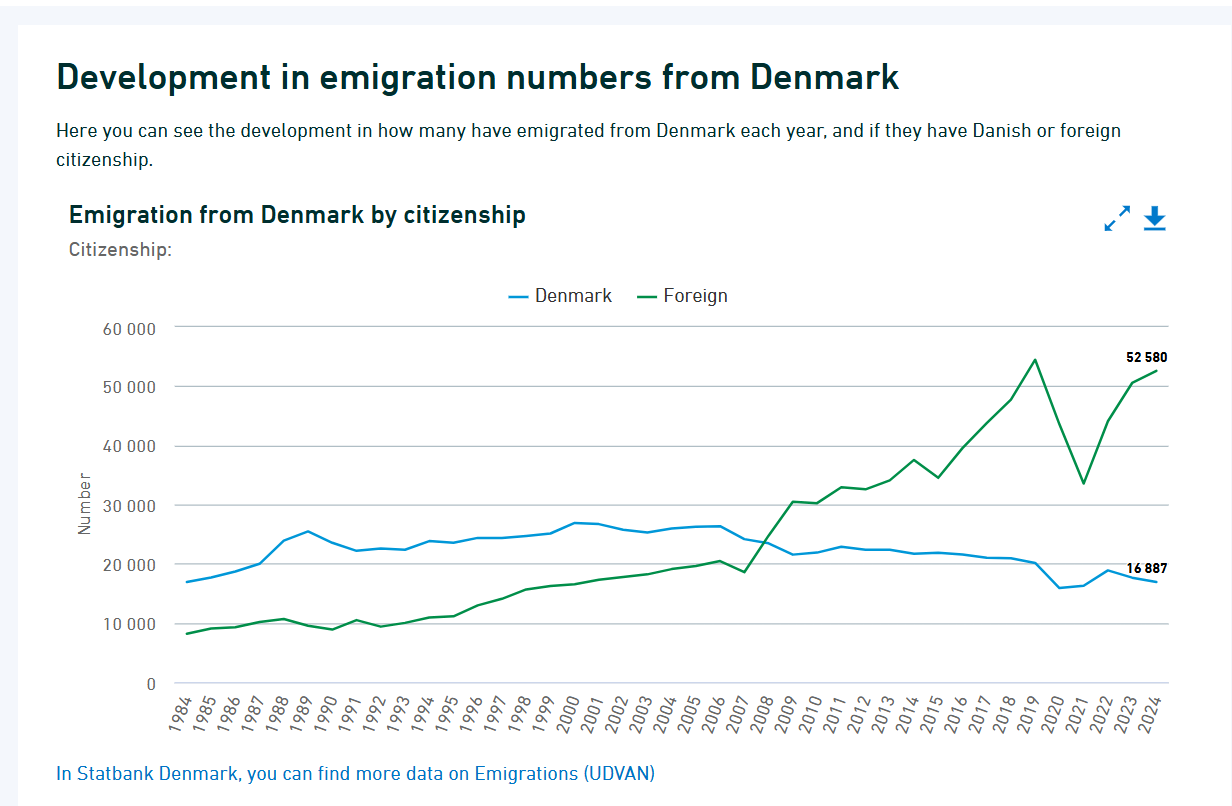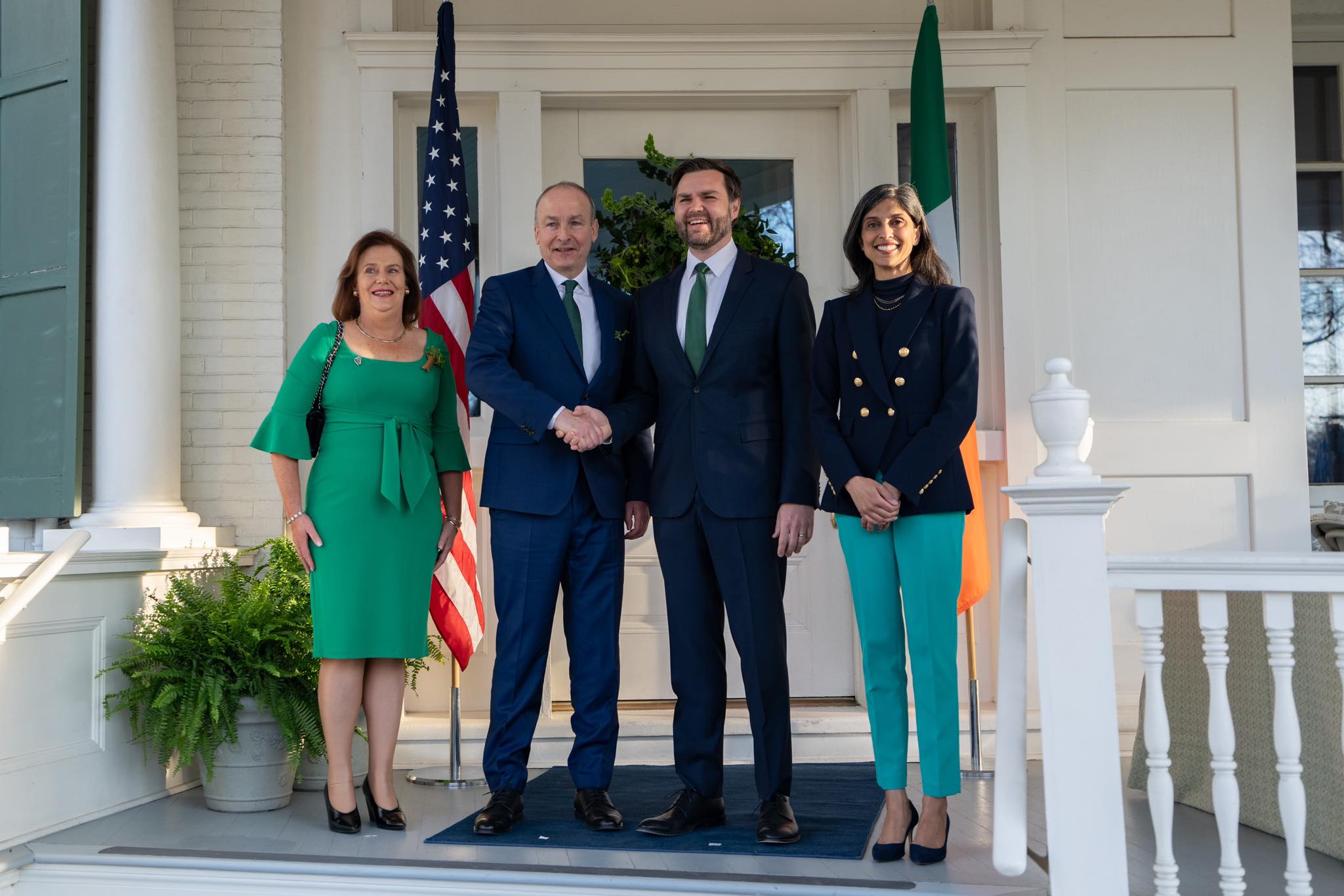The military's three operative commands − the upper management responsible for overseeing the operation of the army, airforce and navy − may be combined to help find the 2.7 billion kroner of savings the government has outlined for the military’s annual budget.
The proposal has been made by the military’s chief of defence, General Peter Bartram, following findings made by a committee he established to help find necessary savings.
According to Bartram, combining the separate operative commands of the army, navy and airforce will both improve co-ordination within the military and also enable savings of 82 million kroner a year by cutting about 128, mostly management, staff.
“The time has come to create one joint operational command for the military,” Bartram told Jyllands-Posten newspaper. “The command will be able to co-ordinate the actions of the three branches, both home and abroad.”
Currently, each of the three armed forces has its own operational command with its own rules, military police and line of contact with the authorities. But in the future, Bartram envisages a single operative command co-ordinating Denmark’s military efforts.
“When we currently deploy soldiers on international missions, the deployment is made in co-ordination between at least two of the military’s three branches and often between all of them,” Bartram said. “Instead of having three operative commands and staff responsible for the education and deployment of soldiers, there is a rationale for co-ordinating and deploying our soldiers from a central operative command.”
Bartram’s committee is now trying to establish a model for how a central operative command would function in preparing and deploying troops as well as assessing what the different strengths of the different operative commands.
“Each branch has its own characteristics and skills that we do not want to remove,” Bartram said. “The military will still be made up of thee branches that will be complemented by a fourth service that will be responsible for co-ordination, planning and deployment.”
Bartram’s proposal has support from both within the army and from the opposition parties in parliament, whose support the government needs if it is to make long-lasting changes to the structure of the military.
“In a small country like Denmark, it is important to find ways to make the military run the furthest for the money,” Venstre's defence spokesperson, Troels Lund Poulsen, told Jyllands-Posten.
Konservative also support the proposed cuts to the military’s upper management.
“The military can’t be too top-heavy if we want to remain good at what we do, but don’t have any extra money,” the former foreign minister, Lene Espersen, told Jyllands-Posten. “Instead of starting at the bottom of the pyramid, it might be smart to be at the top of the pyramid with those who have the most number of stars on their shoulders and find a way to combine the operative and co-ordinating services.”
The government has also proposed abolishing military service to help find the savings.

















